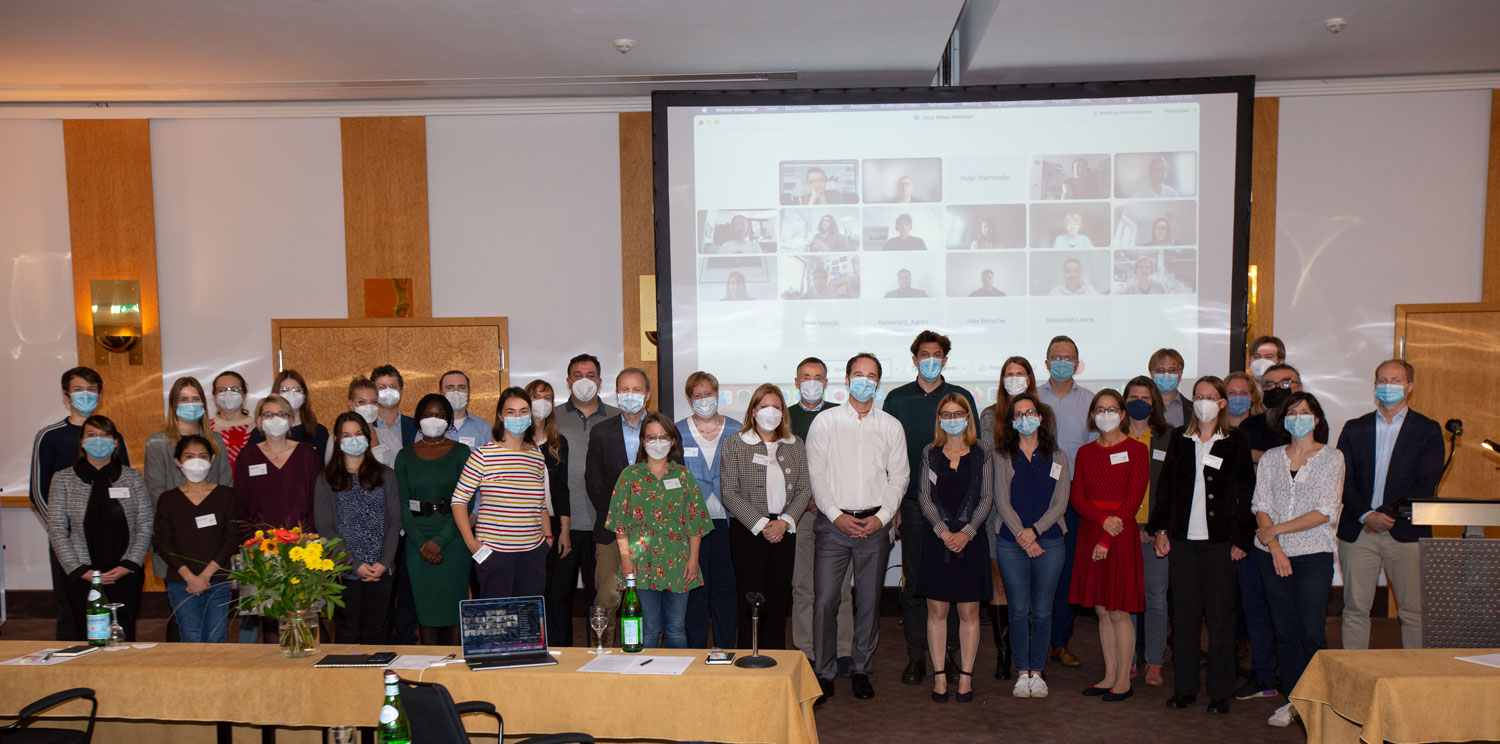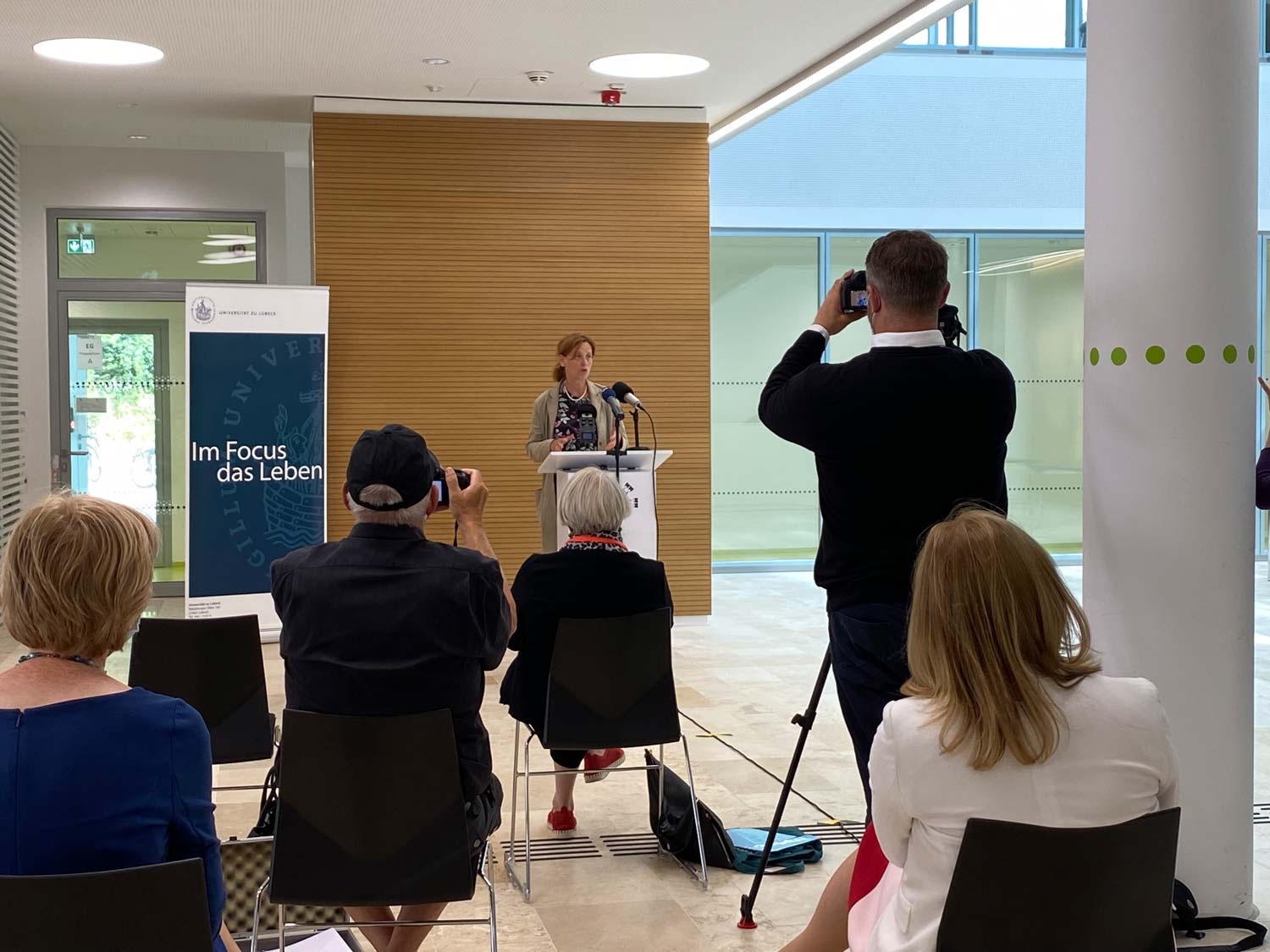The Institute of Neurogenetics is happy to welcome visiting professor Prof. Dr. M. Leonor Bustamante.
We are delighted to welcome Professor M. Leonor Bustamante who is joining us as a Visiting Professor for this month. M. Leonor Bustamante, MD, PhD is an Assistant Professor at the Human Genetics Program, Biomedical Sciences Institute, Faculty of Medicine at the Universidad de Chile. She works on Genetics of Neuropsychiatric disorders, where she together […]










